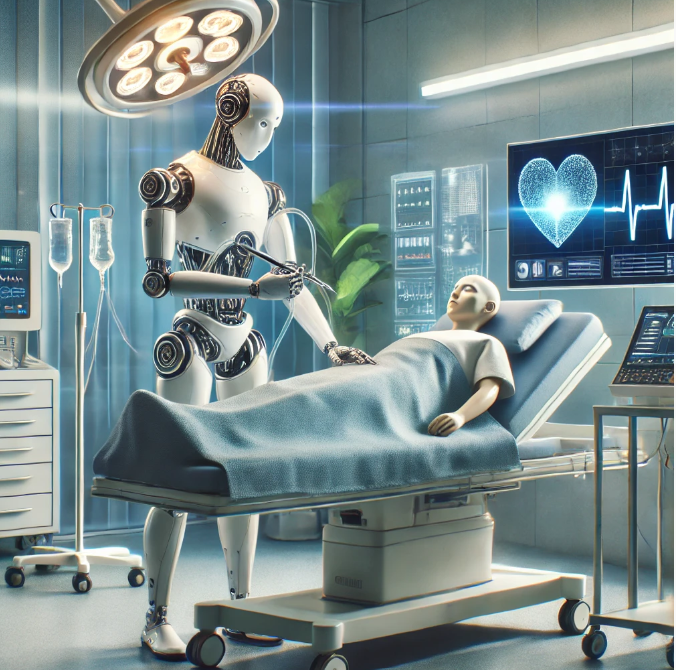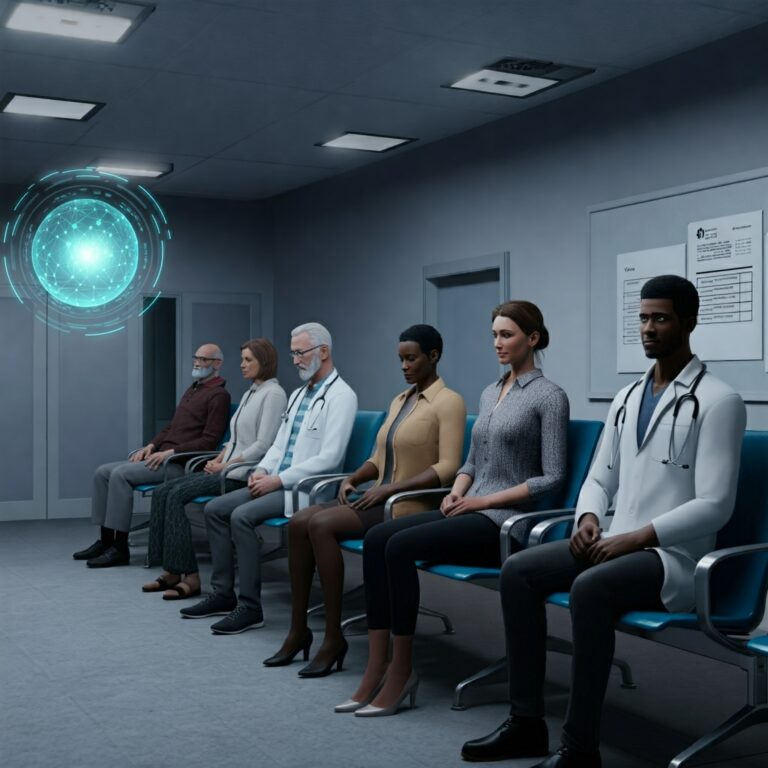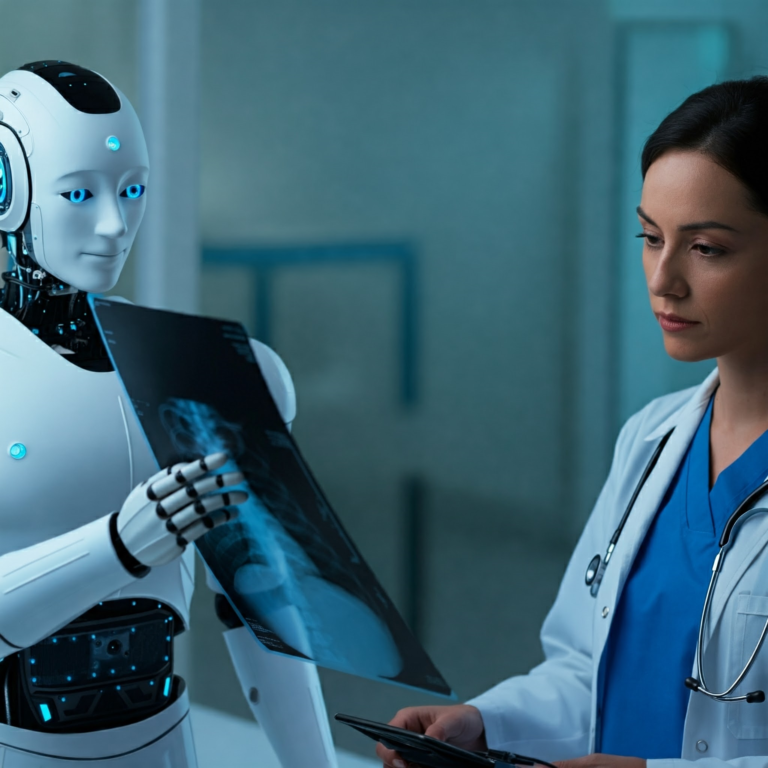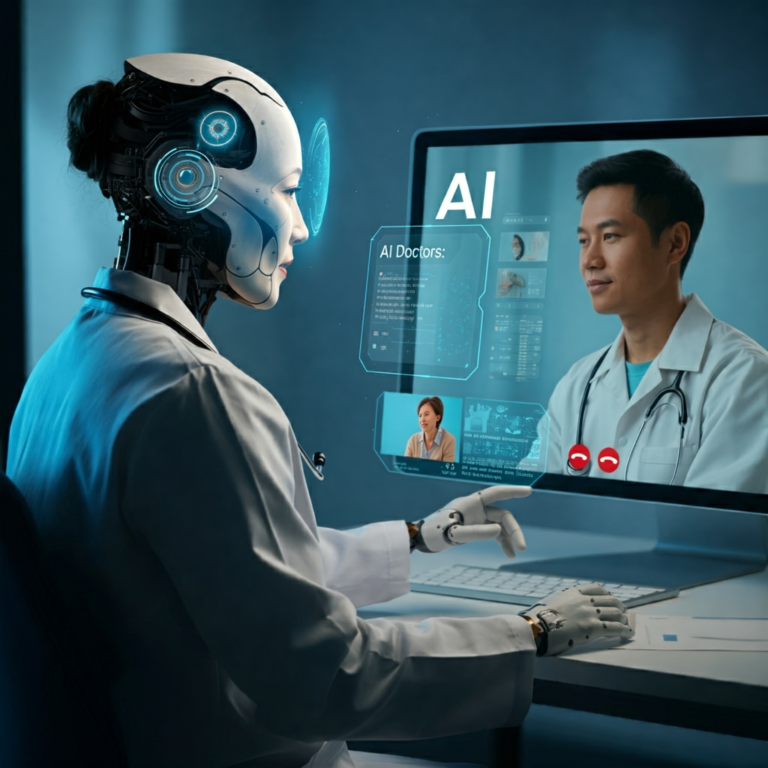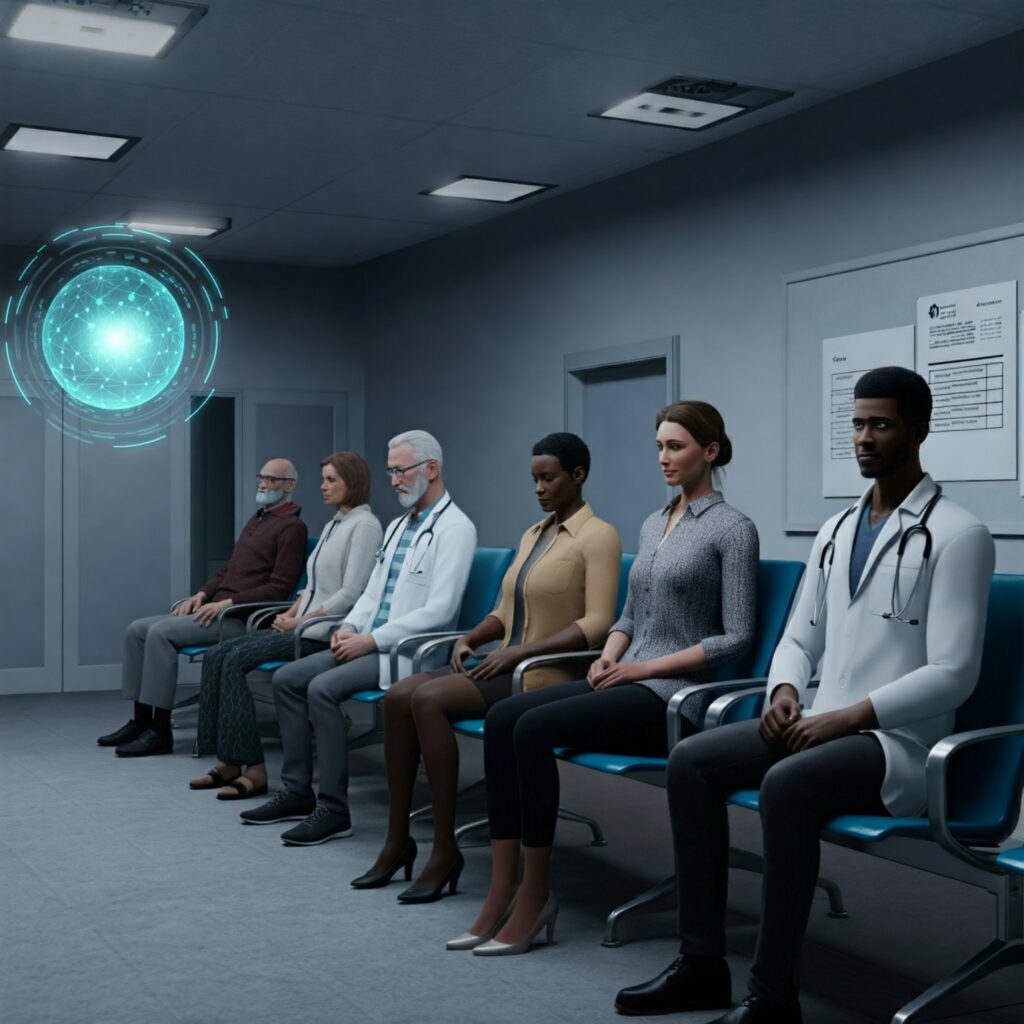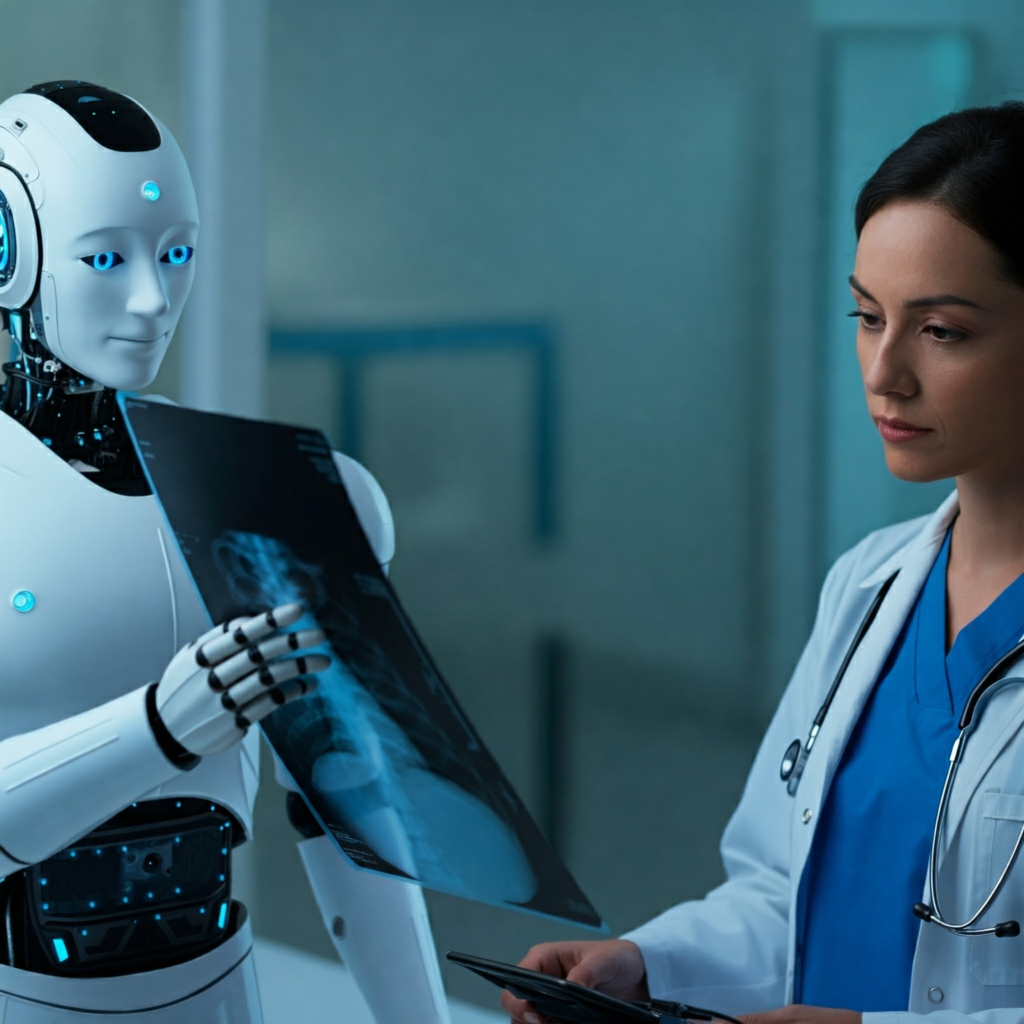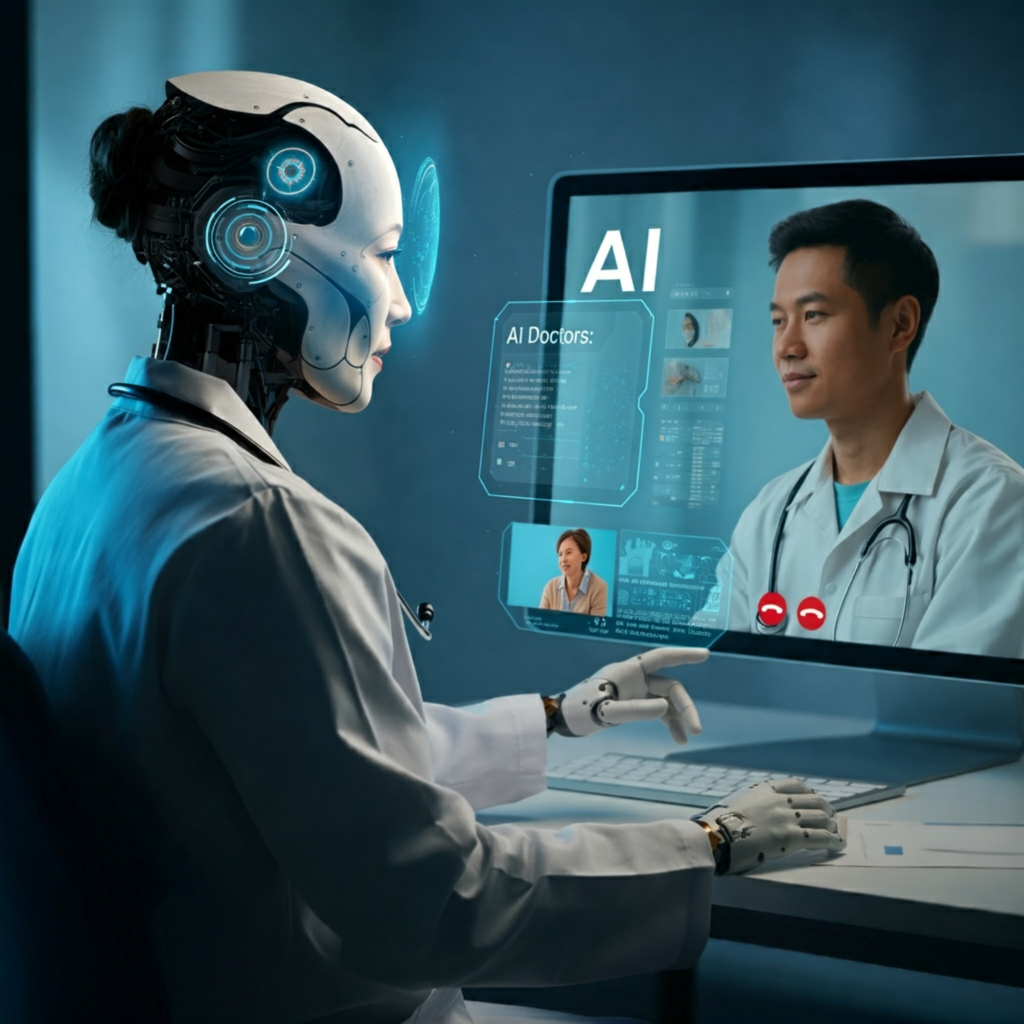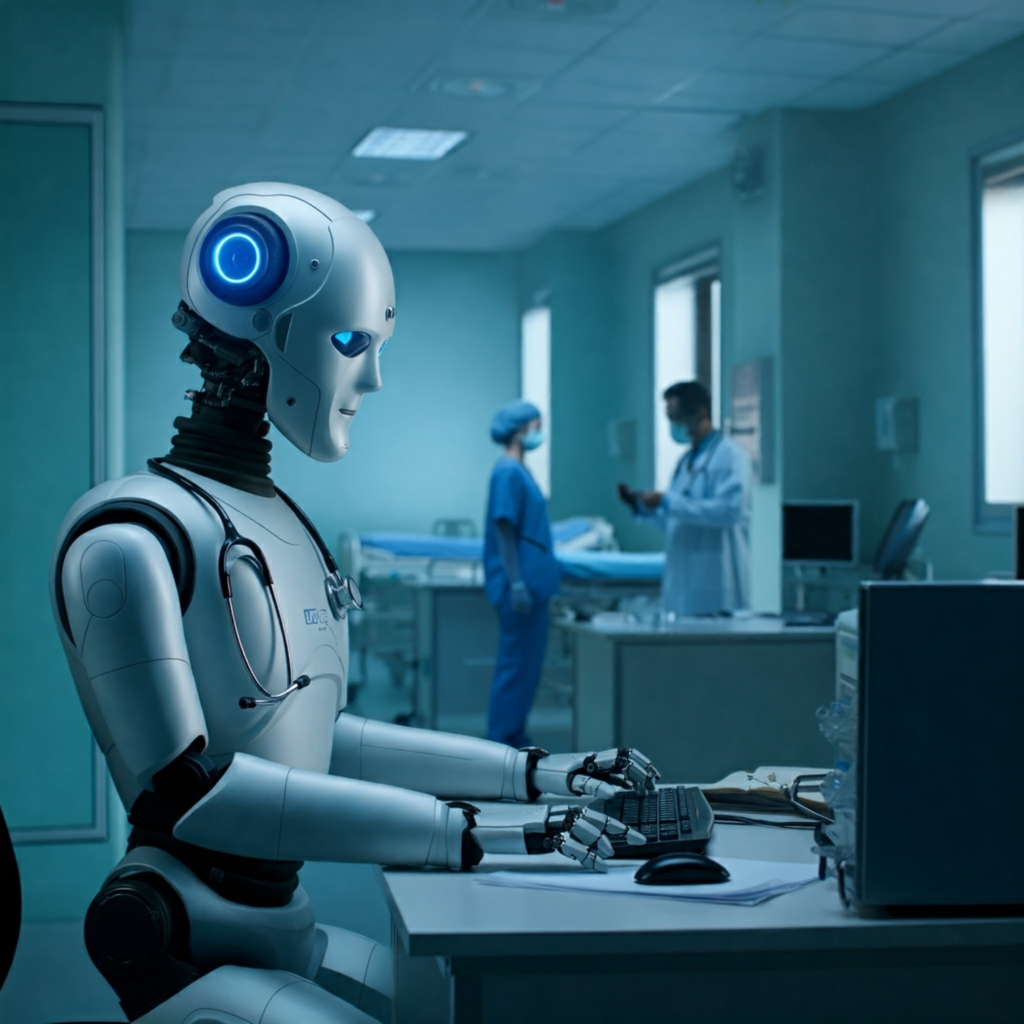AI-Powered Telemedicine: Will Robots Replace Doctors?
The healthcare landscape is undergoing a dramatic transformation, driven by rapid technological advancements and evolving patient expectations. At the heart of this revolution lies telemedicine, a rapidly expanding field that leverages technology to deliver healthcare services remotely. While already a significant force, the integration of artificial intelligence (AI) is poised to further reshape telemedicine, promising increased efficiency, accessibility, and potentially even improved patient outcomes. But amidst this excitement, a critical question arises: will robots replace doctors in the age of AI-powered telemedicine?
Telemedicine: Reshaping Healthcare Delivery
Telemedicine encompasses a broad range of services, including virtual consultations, remote patient monitoring, electronic health record (EHR) sharing, and medical education. Its growth has been fueled by several factors, including rising healthcare costs, increasing demand for convenient and accessible care, and the growing prevalence of chronic diseases requiring ongoing management. The COVID-19 pandemic further accelerated this adoption, highlighting the critical role of remote healthcare in maintaining continuity of care during times of crisis.
Within the healthcare industry, telemedicine is carving out a significant niche. It’s particularly impactful in addressing healthcare disparities in rural and underserved communities, where access to specialists and timely medical attention can be limited. Furthermore, telemedicine offers increased flexibility for both patients and providers, reducing travel time and costs, and optimizing clinic schedules. It also empowers patients to take a more proactive role in their health management, facilitated by readily available remote monitoring tools and virtual consultations.
The AI Infusion: Transforming Telemedicine’s Potential
The integration of AI is injecting a new level of sophistication into telemedicine, pushing its boundaries beyond simple video consultations. AI algorithms are being deployed across various aspects of telemedicine, including:
- Diagnosis and Treatment Support: AI-powered diagnostic tools can analyze medical images, patient records, and even real-time physiological data to assist clinicians in making accurate diagnoses and treatment recommendations. This can be particularly valuable in specialties like radiology, dermatology, and ophthalmology, where image analysis plays a crucial role.
- Personalized Medicine: AI algorithms can analyze patient data to identify patterns and predict individual responses to different treatments. This enables clinicians to tailor treatment plans to each patient’s unique needs and characteristics, leading to more effective and personalized care.
- Remote Patient Monitoring: AI-powered wearables and remote monitoring devices can collect and analyze patient data continuously, providing clinicians with real-time insights into patient health status. This allows for early detection of potential health issues and timely interventions, preventing hospitalizations and improving patient outcomes.
- Administrative Tasks Automation: AI can automate administrative tasks such as appointment scheduling, billing, and insurance claims processing, freeing up clinicians to focus on patient care. This not only improves efficiency but also reduces administrative overhead and costs.
- Drug Discovery and Development: AI is accelerating drug discovery and development by analyzing vast datasets of biological and chemical information, identifying potential drug targets and predicting drug efficacy. This has the potential to revolutionize the pharmaceutical industry and lead to faster development of new treatments.
Key Trends and Statistics Shaping the Future:
- Increased Adoption of AI-Powered Chatbots: Chatbots are being increasingly used in telemedicine to provide patients with 24/7 access to basic medical information, schedule appointments, and answer frequently asked questions. This reduces the burden on healthcare professionals and improves patient engagement.
- Growth of Remote Patient Monitoring Devices: The market for remote patient monitoring devices is expanding rapidly, driven by the increasing prevalence of chronic diseases and the growing demand for personalized healthcare.
- Rising Investments in AI Healthcare Startups: Venture capital investments in AI healthcare startups are surging, indicating a strong belief in the potential of AI to transform the healthcare industry.
- Growing Demand for AI-Powered Diagnostic Tools: The demand for AI-powered diagnostic tools is increasing as clinicians recognize their potential to improve diagnostic accuracy and efficiency.
- According to a report by Grand View Research, the global telemedicine market size was valued at USD 92.7 billion in 2021 and is expected to expand at a compound annual growth rate (CAGR) of 26.0% from 2022 to 2030.
Recent Market News:
- Several major healthcare systems are partnering with AI companies to develop and implement AI-powered telemedicine solutions.
- New AI-powered diagnostic tools are being cleared by regulatory agencies, paving the way for wider adoption in clinical practice.
- Telehealth companies are increasingly integrating AI capabilities into their platforms to enhance their offerings.
Summary: Will Robots Replace Doctors?
The integration of AI in telemedicine is undoubtedly transformative, raising legitimate concerns about the future role of physicians. However, the current reality is far from the dystopian vision of robots entirely replacing human doctors. Instead, AI serves as a powerful tool that augments and enhances the capabilities of healthcare professionals.
While AI can automate certain tasks, analyze data, and provide valuable insights, it lacks the critical thinking, empathy, and nuanced judgment that are essential for effective medical practice. The human touch, the ability to connect with patients, understand their concerns, and provide emotional support, remains irreplaceable.
Therefore, the future of AI-powered telemedicine is likely to be one of collaboration, not replacement. AI will serve as a valuable assistant, freeing up physicians from tedious tasks, providing them with valuable data-driven insights, and allowing them to focus on what they do best: providing compassionate, personalized, and effective care to their patients. Rather than replacing doctors, AI will empower them to deliver even better care in the evolving landscape of telemedicine. The question then isn’t about replacement, but about evolution – how doctors can best utilize AI to enhance their practice and improve patient outcomes. The future of healthcare lies in this symbiotic relationship, harnessing the power of technology while retaining the irreplaceable human element at the core of medicine.

